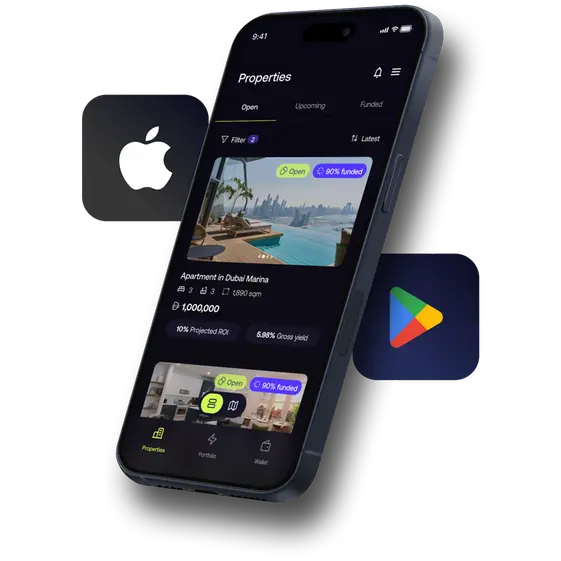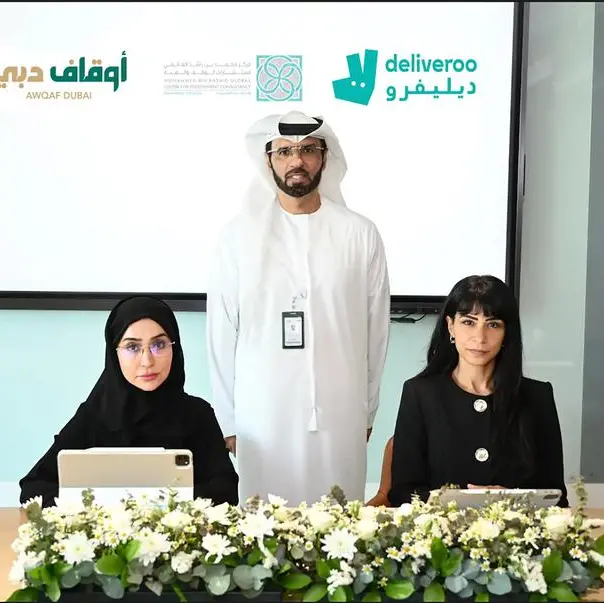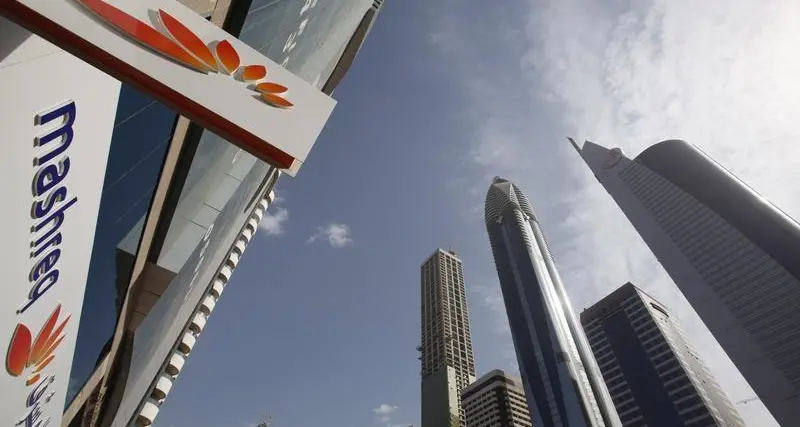- UAE to develop scientific instruments for Israel’s Beresheet-2 lunar mission
- Agreement underscores shared vision to promote regional stability, science and technology in the spirit of the Abraham Accords
Dubai-UAE: – The UAE Space Agency has signed a Memorandum of Understanding (MoU) with the Israel Space Agency to enhance cooperation in scientific research, space exploration and knowledge transfer to accelerate economic growth and human progress.
Her Excellency Sarah bint Yousef Al Amiri, Minister of State for Advanced Technologies and Chairwoman of the UAE Space Agency, said: “Sharing knowledge and expertise is a key part of the UAE’s vision to create an attractive and competitive national space industry. If you look at the most successful global space programs in history, the common denominator is collaboration. Israel has a globally recognized space industry and developing bilateral and multilateral partnerships has never been so important as we embrace a new era of space exploration.
Her Excellency signed the agreement with Her Excellency Orit Farkash Hacohen, Minister of Innovation, Science and Technology of Israel.
A signing ceremony took place during Expo 2020 Dubai’s Space Week, held in association with the UAE Space Agency. Salem Butti Al Qubaisi, Director-General of the UAE Space Agency, Ibrahim Al Qasim, Executive Director Space Sector at the UAE Space Agency, and Brigadier General Uri Oron, Director General of the Israel Space Agency attended the event alongside senior officials from both countries.
Orit Farkash-Hacohen, Israel’s Minister of Innovation, Science and Technology said: “Governments sign agreements but people and collaborations are the ones that truly make peace. Israel is an international leader in the worlds of research, space, science and hi-tech. Today on behalf of the Government of Israel, I am pleased to sign a series of agreements for cooperation with the UAE Space Agency in important and groundbreaking fields. I thank the Minister of Advanced Technologies Sarah Al Amiri for the significant, collaborative work done in the last year between the two agencies. Thanks to this work we are already launching advanced initiatives for the benefit of our children's education and joint research. I share Minister Al Amiri's vision of harnessing science and space not only as an economic stimulus but also for bringing hearts together and educating our next generation.”
The agreement lays the framework for a mutually beneficial strategic partnership that will strengthen efforts to gather and analyze scientific space data. Both parties will enhance collaboration and cooperation in a wide range of strategic fields, including exploration, research, data analysis, education and more.
The UAE will exchange research and develop scientific instruments for Israel’s Beresheet-2 mission to land a spacecraft on the Moon by 2024 as part of the landmark agreement.
Universities in Israel and the UAE will also launch collaborative research projects. They include exploring red tide phenomenon, analyzing red palm weevil infestation which threatens date palm cultivation, and mapping aerosols – solid and liquid particles suspended in the atmosphere. Vegetation and environmental data gathered by a microsatellite used by the Israel Space Agency and the French Space Agency will also be shared with the UAE.
This agreement builds on the historic Abraham Accords and our shared vision to promote regional peace and prosperity by driving forward economic growth and human progress.”
Israel has witnessed near-unprecedented developments in space research, advanced technologies and the expansion of its private sector in recent decades. Including becoming the eighth country in the world to successfully launch and position satellites in space.
The Emirates’ space program started in 2006 with a knowledge transfer program that saw Emirati engineers working with partners around the world to develop the UAE’s spacecraft design, engineering and manufacturing capabilities, launching a series of earth observation satellites designed and built by Emirati engineers.
The Emirates Mars Mission was launched in 2020. Today, the Hope Probe is orbiting the Martian planet, collecting unprecedented data to answer key questions about the Red Planet’s atmosphere. Data gathered on this mission has shared freely with hundreds of scientific institutions worldwide as part of the UAE’s efforts to share knowledge and enhance international cooperation.
The UAE recently announced a new mission to explore the asteroid belt between Jupiter and Mars. Scheduled to launch in 2028, the mission is designed to further accelerate the young nation’s space engineering, scientific research and exploration capabilities and drive innovation and opportunity in the country’s private sector.
-Ends-
© Press Release 2021
Disclaimer: The contents of this press release was provided from an external third party provider. This website is not responsible for, and does not control, such external content. This content is provided on an “as is” and “as available” basis and has not been edited in any way. Neither this website nor our affiliates guarantee the accuracy of or endorse the views or opinions expressed in this press release.
The press release is provided for informational purposes only. The content does not provide tax, legal or investment advice or opinion regarding the suitability, value or profitability of any particular security, portfolio or investment strategy. Neither this website nor our affiliates shall be liable for any errors or inaccuracies in the content, or for any actions taken by you in reliance thereon. You expressly agree that your use of the information within this article is at your sole risk.
To the fullest extent permitted by applicable law, this website, its parent company, its subsidiaries, its affiliates and the respective shareholders, directors, officers, employees, agents, advertisers, content providers and licensors will not be liable (jointly or severally) to you for any direct, indirect, consequential, special, incidental, punitive or exemplary damages, including without limitation, lost profits, lost savings and lost revenues, whether in negligence, tort, contract or any other theory of liability, even if the parties have been advised of the possibility or could have foreseen any such damages.



















